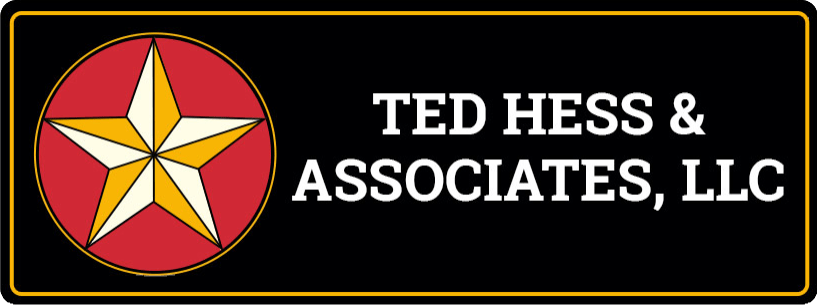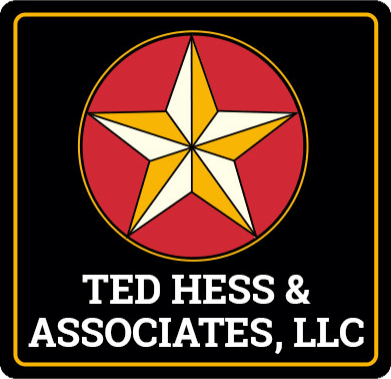Discussion Points for Punto Legal –February 12, 2020
1. Public Charge Rule.
We are 12 days away from the Trump Administration’s “public charge” rule. The new rule is still under attack by immigration organizations in court, but the U.S. Supreme Court has allowed it to enter into effect for the time being. The public charge rule disfavors immigrant families with lower incomes and serious medical conditions. There will be immigrants who will be prevented from immigrating because of the public charge rule. If you have questions about the public charge rule, we would love to hear from you this evening.
The public charge rule applies to people adjusting their status in the U.S. The State Department is working on a public charge rule for people fixing their papers outside the U.S. Soon the rule will be the same whether you are fixing your papers in the U.S. or at an embassy or consulate outside the U.S.
Until the Trump Administration’s public charge rule, the concern about taxpayers having to support immigrants was handled by the Form I-864, the Affidavit of Support. The Government wanted to see that the petitioner earned at least 125 percent of the poverty line based on his or her household size plus the immigrant. The Affidavit of Support is actually a contract between the petitioner and the Government that requires the petitioner to support the immigrant until he or she gets 40 quarters or 10 years of credits for Social Security coverage. The wonderful things about the Affidavit of Support is that it was never enforced (except to disqualify some immigrant families from public assistance.)
Under the public charge rule, the focus is now on the immigrant.
We have talked about the public charge rule on earlier shows. If you are concerned about the public charge rule in your case, the most important thing you can do to improve your chances is to get health insurance, preferably through an employer or your spouse’s employer. If you are not a high school graduate, you should get a GED. If you English needs improvement, take English classes or get a tutor.
The public charge rule will be implemented through Form I-944. This is an 18 page form. Among other things, this form will require federal income tax transcripts. In other words, you can’t use copies of your federal income tax returns; you need to use tax transcripts.
Tax transcripts are computer records of you federal income tax returns. Thankfully, they are easy to get from the IRS or Internal Revenue Service. You can order federal tax transcripts online, or by telephone, or by sending in a form.
2. New Spanish-speaking criminal defense lawyer.
We have a new Spanish-speaking criminal defense abogado. His name is Brian Roche. Brian is fluent in Spanish. He has seen a lot of criminal cases as a public defender in Denver. And he served as prosecutor in Eagle County. Working as a prosecutor actually makes you a better defense lawyer. Now you can hire a lawyer who is ready to defend you and explain everything to you in Spanish.
3. Tips for New Year.
Number 1. If you can fix you papers in the United States, that is, adjust your status to lawful permanent resident, do it quickly. You may be able to beat the $1000 fee increase and probability that the “public charge” rule will come into effect. Number 2. If you have DACA, renew your DACA for another two years to stay ahead of a Supreme Court decision allowing President Trump to end DACA. If you have El Salvador TPS and a citizen spouse or 21-year-old child, travel to El Salvador with an advance travel permit so that you can fix your papers in the United States.






